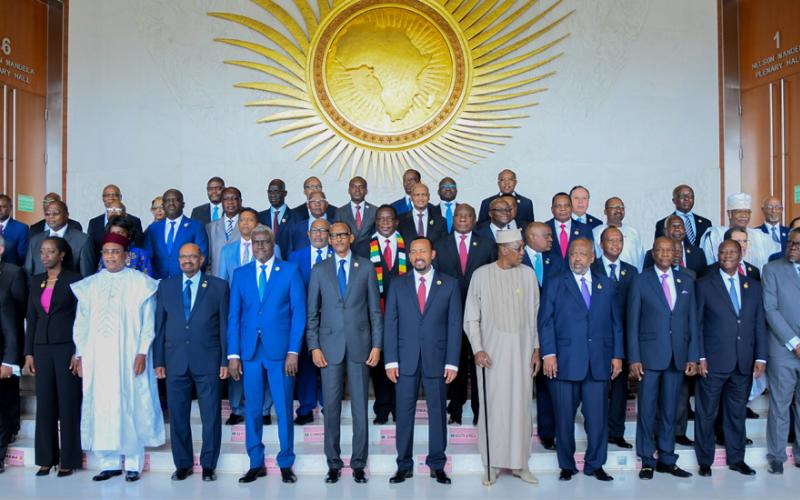
African leaders have gathered in Beijing this week, aiming to secure significant loans and investments for critical infrastructure projects amid intensifying global competition over resources and influence on the continent.
Over the past decade, China has significantly deepened its ties with African nations, providing billions in loans to fund infrastructure projects. While these investments have helped build vital infrastructure, they have also sparked controversy over the mounting debt burden on African countries. China has deployed hundreds of thousands of workers to undertake large-scale projects in Africa, tapping into the continent’s rich reserves of copper, gold, lithium, and rare earth minerals.
This week’s China-Africa forum, described as Beijing’s largest diplomatic event since the COVID-19 pandemic, features leaders from South Africa, Nigeria, Kenya, and other countries, alongside numerous delegations. Ovigwe Eguegu, a policy analyst at Development Reimagined, noted that African nations are keen to leverage opportunities in China for economic growth.
China, now the world’s second-largest economy, remains Africa’s largest trading partner. Bilateral trade reached $167.8 billion in the first half of this year, according to Chinese state media. Last year, Chinese loans to African countries surged to their highest level in five years, with Angola, Ethiopia, Egypt, Nigeria, and Kenya being the largest borrowers.
However, analysts point out that China’s economic slowdown has made it more cautious about extending substantial new loans. Beijing has also been reluctant to offer debt relief, even as some African nations struggle with repayment, leading to cuts in essential public services.
The landscape has shifted since the last China-Africa forum six years ago, with changes including the COVID-19 pandemic, rising geopolitical tensions, and evolving economic challenges. Tang Xiaoyang from Tsinghua University in Beijing commented that the traditional model of providing loans for rapid industrialization and large infrastructure projects is no longer viable.
Africa plays a crucial role in China’s Belt and Road Initiative (BRI), a major infrastructure and global influence campaign led by President Xi Jinping. The BRI has funneled significant investments into African infrastructure, such as railways, ports, and hydroelectric plants. However, critics argue that the initiative has led to excessive debt and environmental damage.
A notable example is Kenya’s $5 billion railway project, financed by the Export-Import Bank of China, which links Nairobi to Mombasa. Although the project has improved connectivity, a planned extension to Uganda was abandoned due to debt repayment challenges. Kenya’s President William Ruto has requested an additional $1 billion loan from China and debt restructuring to advance other stalled BRI projects, with the country’s total debt to China exceeding $8 billion.
Recent protests in Kenya, driven by the government’s debt obligations, highlight the broader concerns about debt dependency. Analysts, including Alex Vines from Chatham House, expect African leaders at the forum to seek not only increased Chinese investment but also more favorable loan terms.
In central Africa, competition between Western and Chinese companies is intensifying over access to rare minerals crucial for renewable energy technologies. The Moanda region in Gabon holds a quarter of the world’s manganese reserves, while South Africa produces 37% of global manganese output. The Democratic Republic of Congo dominates cobalt mining, accounting for 70% of global production, with China leading in processing.
The geopolitical rivalry between the United States and China further complicates the situation. The U.S. has criticized Beijing’s influence in Africa, accusing China of advancing narrow commercial and geopolitical interests while undermining transparency. Beijing counters by emphasizing its commitment to “win-win” cooperation, claiming that its investments benefit both China and its African partners.
Despite these assurances, there are concerns that African nations may be pressured to choose sides in the escalating U.S.-China conflict. Eguegu from Development Reimagined notes that African countries may struggle to leverage their position effectively against China, with limited options for balancing influence from the U.S.
___
